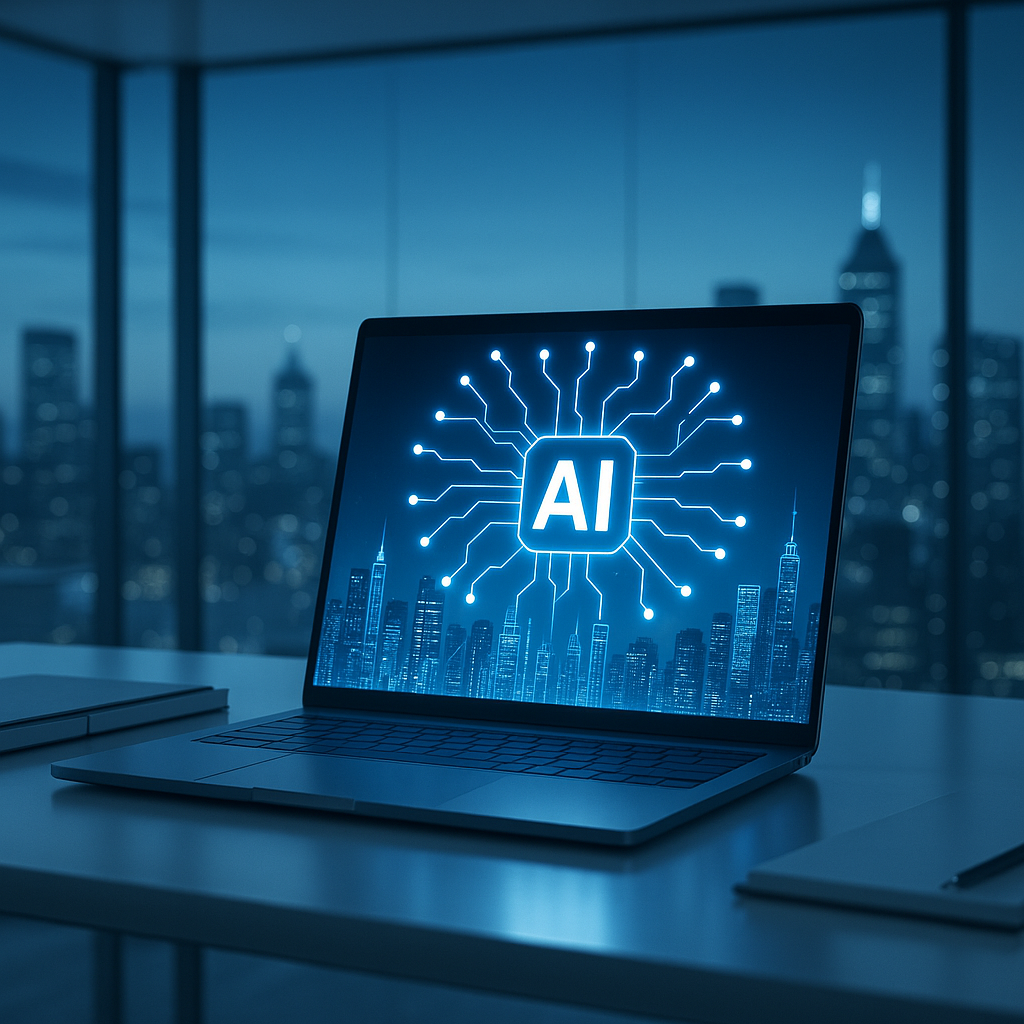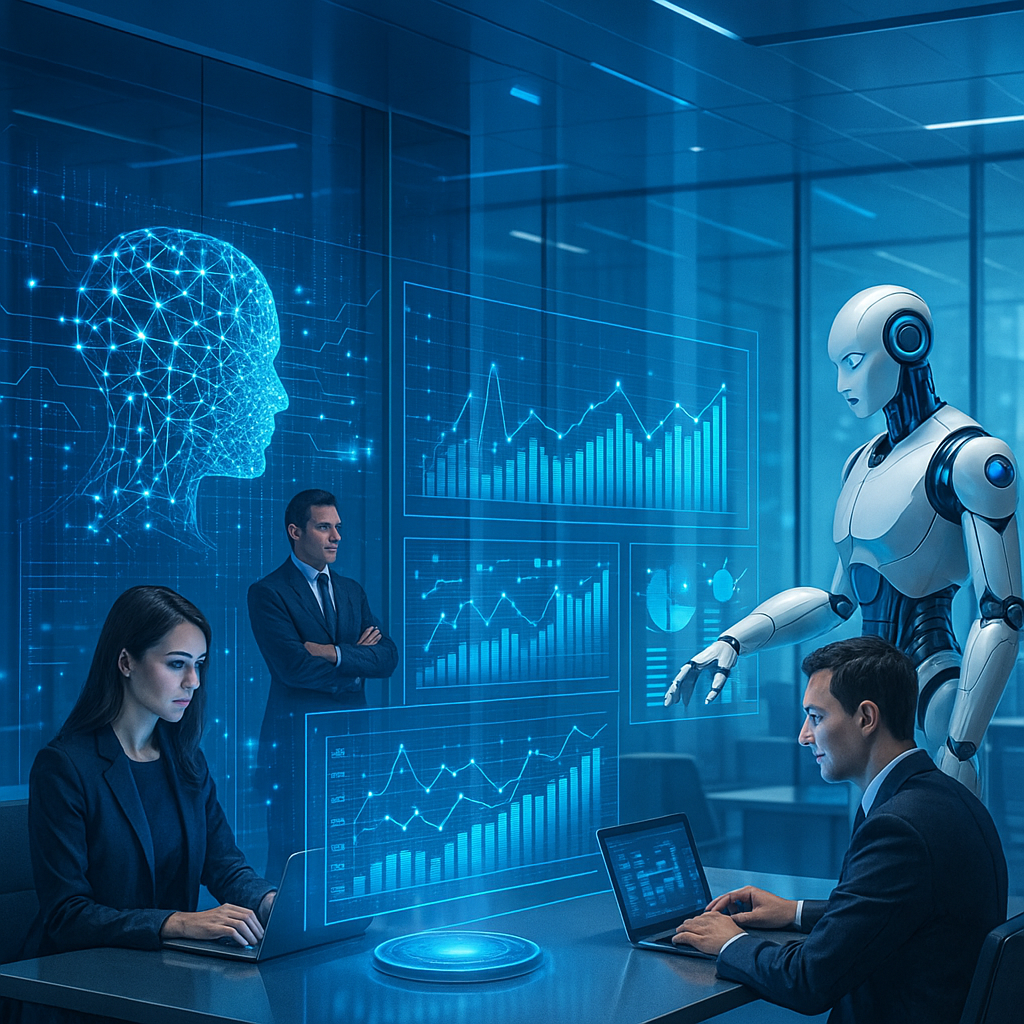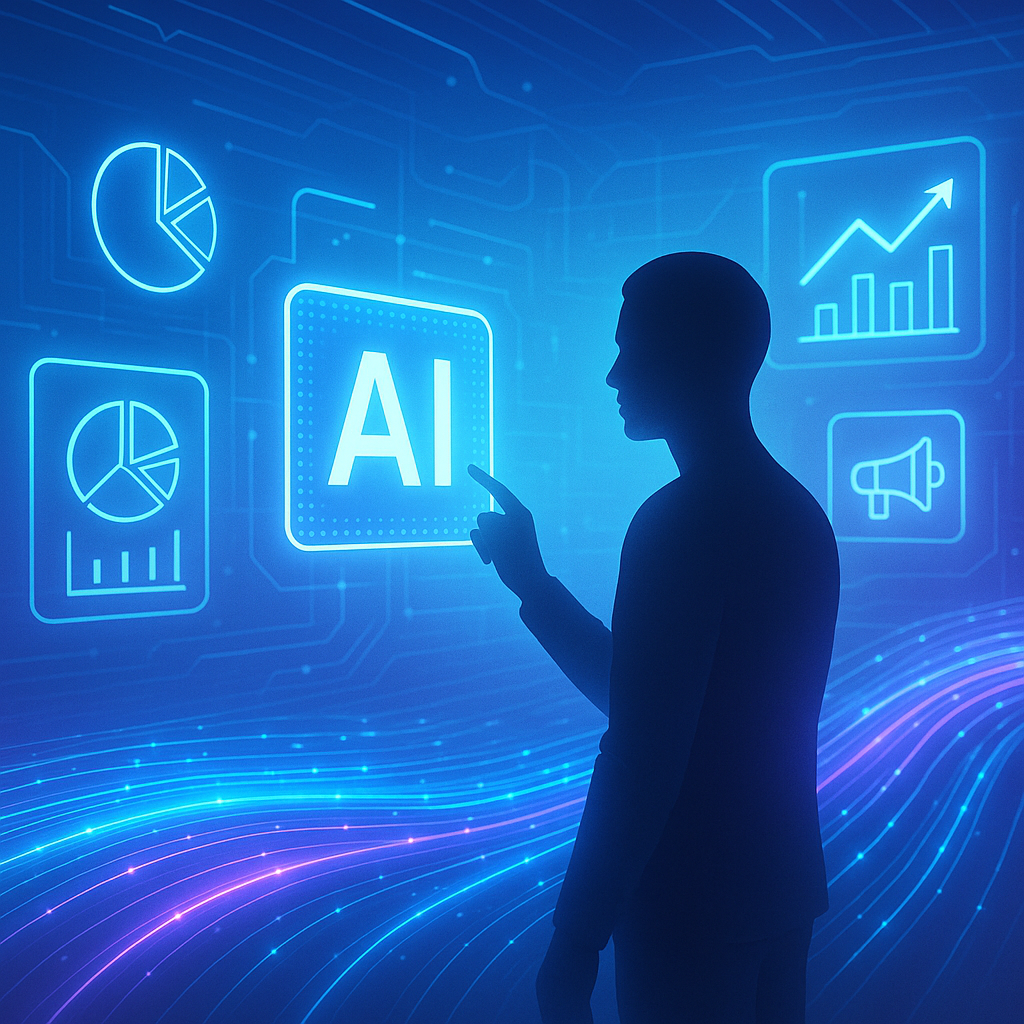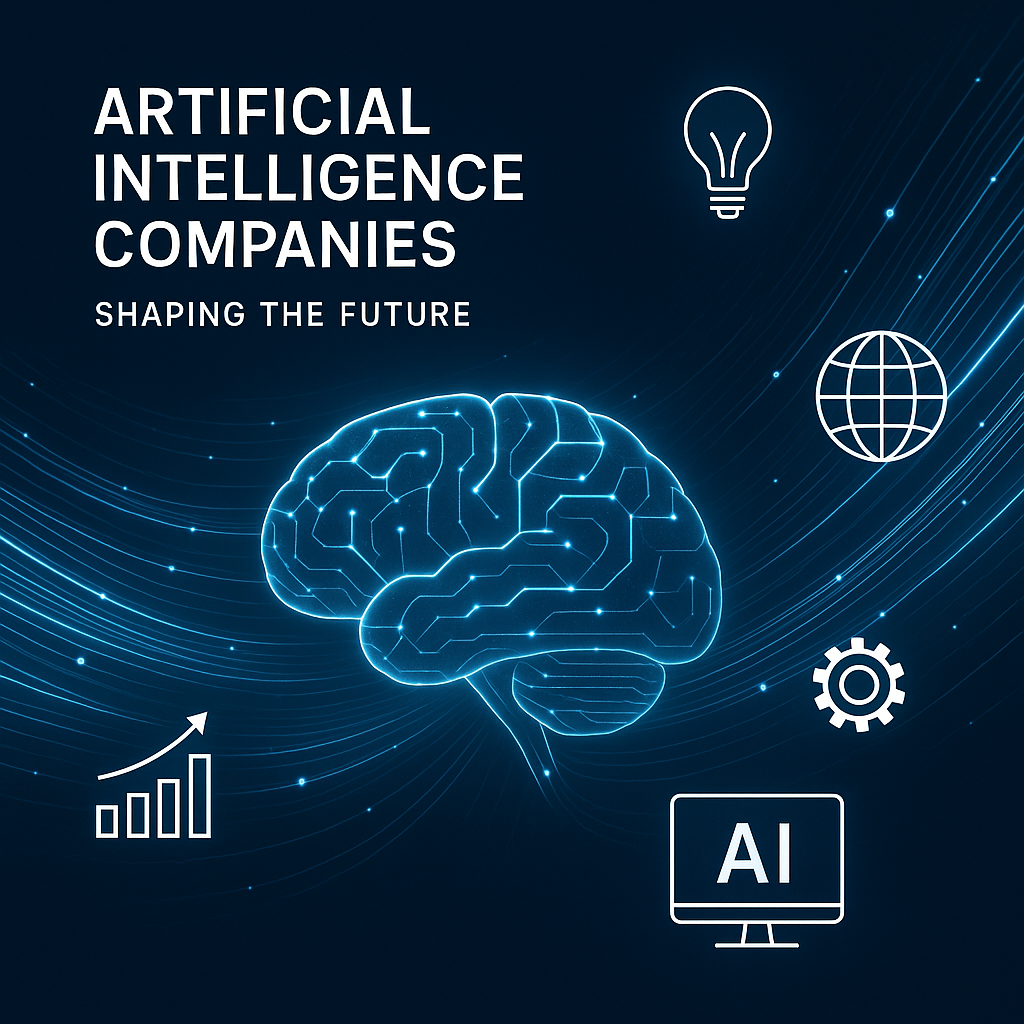
Harnessing AI Technology: Intelligent Computers Transforming Business
Introduction to AI Technology in Business
Artificial intelligence (AI) has transcended its theoretical roots to become a driving force behind modern business innovation. Today, AI technology in business encompasses a broad spectrum of capabilities, from intelligent computers processing vast data to systems capable of adaptive learning and decision-making. Understanding what ai is and how AI computers operate unlocks new perspectives on transforming operational efficiency and competitive advantage.
What is an AI Computer?
An AI computer refers to computing systems specifically designed or optimized to run artificial intelligence applications. Unlike traditional computers, AI computers integrate specialized hardware and software to process algorithms that mimic human intelligence. These systems handle complex tasks such as pattern recognition, natural language processing, and predictive analytics with high speed and accuracy.
Examples include:
- Neuromorphic Chips: Hardware inspired by brain neuron architecture, enabling efficient machine learning.
- Tensor Processing Units (TPUs): Custom processors designed for deep learning workloads.
- Quantum AI Computing: Experimental systems promising exponential acceleration in AI calculations.
How AI Technology is Reshaping Business
Companies across sectors harness AI technology in business to unlock unprecedented opportunities. The ability to analyze large datasets quickly and generate actionable insights moves businesses from reactive to predictive models. Here are focused arenas where AI computers catalyze transformation:
1. Intelligent Automation
AI technology enables intelligent automation by combining robotics, machine learning, and cognitive processing. For instance, AI-driven robotic process automation (RPA) bots manage repetitive tasks such as invoice processing or customer data entry with increasing sophistication. This frees human employees for more strategic roles.
2. Enhanced Customer Experiences
Personalization engines powered by AI analyze consumer behavior to tailor marketing and service interactions. For example, AI chatbots and virtual assistants leverage natural language understanding (NLU) to deliver real-time support. AI computers evaluate contextual data and refine conversations dynamically, improving engagement and satisfaction.
3. Data-Driven Decision Making
AI systems synthesize complex data streams — from market trends to operational metrics — enabling executives to make informed decisions faster. Predictive analytics forecasts demand, optimizes inventory, and identifies emerging risks. This data-driven agility underpins resilience and adaptive strategy.
4. Innovation in Product Development
AI technology fosters rapid prototyping and design optimization through generative design algorithms and simulation. In industries such as manufacturing, AI computers model diverse scenarios and tailor products to exact specifications, accelerating time-to-market.
Practical Examples of AI Transforming Business
Real-world applications illustrate how AI is actively reshaping contemporary businesses:
Retail: Intelligent Inventory Management
Leading retailers deploy AI-powered inventory systems that analyze sales patterns, weather, social media trends, and more, to optimize stock levels. These AI computers run sophisticated predictive models, reducing waste and ensuring popular products are available on demand.
Healthcare: AI-Assisted Diagnostics
AI computer vision systems assist radiologists by detecting abnormalities in medical imaging with high precision. This collaboration improves diagnostic accuracy and speeds treatment planning, enhancing patient outcomes.
Finance: Fraud Detection and Risk Analysis
Financial institutions utilize AI technology to monitor transactions in real time, identifying anomalous activities indicative of fraud. Machine learning algorithms adapt continually to emerging threats, reducing financial losses and regulatory risks.
Marketing: Hyper-Personalized Campaigns
In digital marketing, AI computers analyze vast customer datasets — demographics, browsing history, and social signals — to deliver tailored advertisements and product recommendations, maximizing conversion rates.
Challenges and Considerations
While AI technology offers transformational benefits, adoption also brings challenges:
- Data Privacy and Security: Ensuring customer data protection is paramount amid increasing AI data reliance.
- Skill Gaps: Businesses must invest in developing talent capable of managing and interpreting AI systems.
- Bias and Ethics: AI algorithms must be designed and audited to avoid reinforcing societal biases.
- Integration Complexity: Seamless incorporation of AI into existing IT infrastructures requires careful planning.
The Future of AI Computers in Business
As AI technology advances, AI computers will become even more powerful and accessible. Emerging trends for 2025 include:
- Edge AI Computing: Moving computations closer to data sources for ultra-low latency applications such as autonomous vehicles and IoT devices.
- Explainable AI: Enhancing transparency so humans better understand ai decisions, fostering trust and compliance.
- AI-Augmented Workforce: Collaborative AI tools that empower employees, amplifying creativity and problem-solving.
- Sustainable AI: Innovations targeting energy-efficient AI computing to reduce environmental impacts.
Conclusion
Understanding what AI is and harnessing advanced AI technology in business positions enterprises to unlock dynamic transformation. The rise of specialized AI computers fuels innovation across sectors by enabling intelligent automation, strategic decision-making, and personalized experiences. While challenges remain, the evolving landscape of AI promises a future where businesses can adapt swiftly, innovate continuously, and deliver exceptional value in a competitive world.







